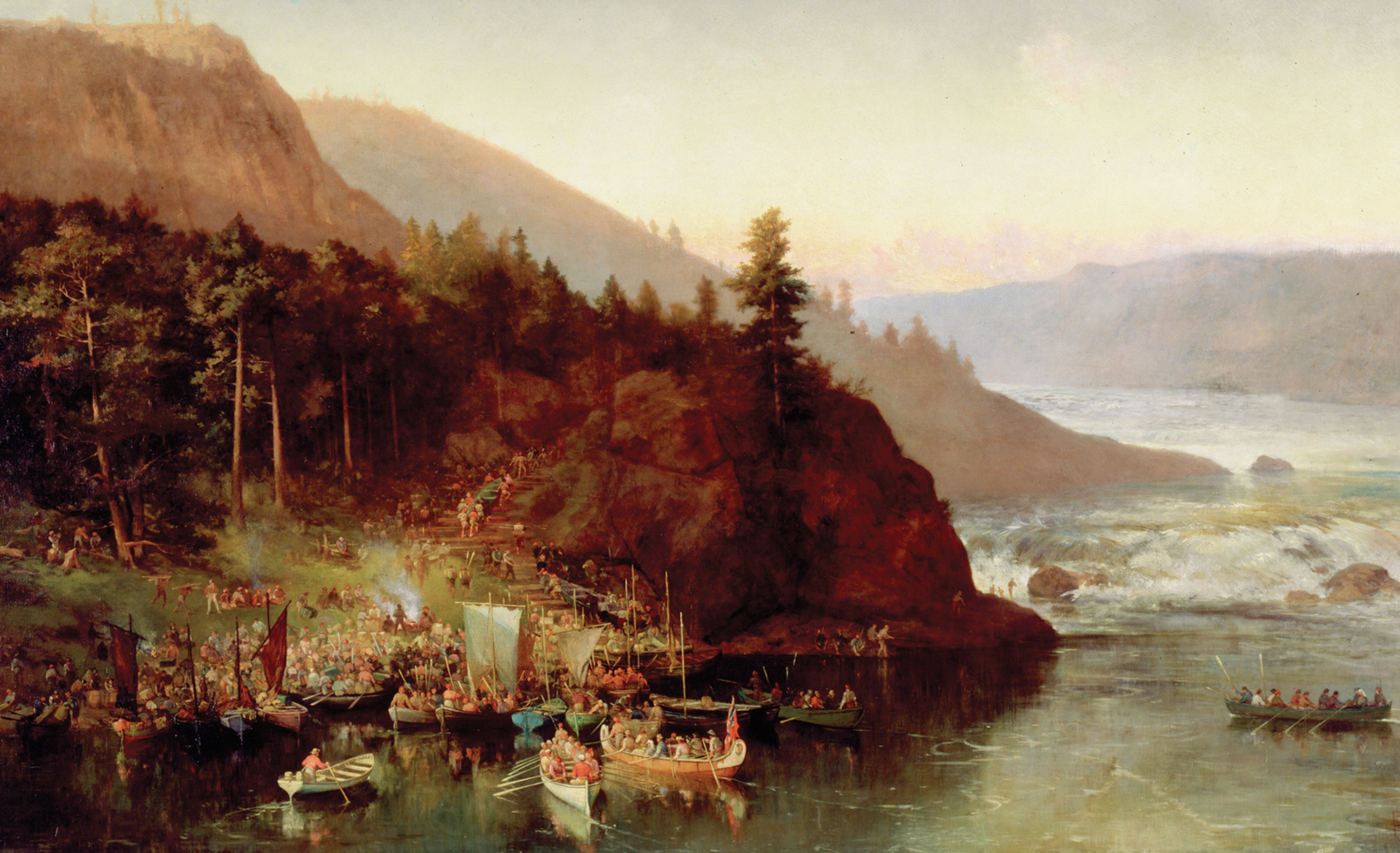Montana Monadology
Louis Riel in exile
Justin E. H. Smith

By the time the Unabomber installed himself, in 1971, in his iconic cabin in Montana’s remote Lewis and Clark County, the western state had long served as refuge for characters with peculiar ideas about how the world works, and about what should be done to improve it.
Ted Kaczynski tied for the highest grade, at 98.9 percent, in the logic course he took at Harvard with W. V. O. Quine, though he left no lasting impression on the professor.[1] And anarcho-primitivism is, in the end—is it not?—a sort of application of the law of the excluded middle (one of the most basic, and easiest to retain, of the laws learned in the study of logic): it’s either the earth or us. It is somewhat more difficult to trace the Montana writings of the Canadian Métis resistance fighter Louis Riel back to his philosophical education at the Sulpician College of Montreal in the 1850s.[2] But as with the Unabomber after him, we can be certain that there were decades-old classroom lectures ringing in his head, in the silence of his cabin, as he set about putting his thoughts to paper.
Riel was in exile in the Montana Territory, having ducked across the border in the aftermath of the Red River Rebellion, which began in 1869 in what would soon become Manitoba. He was of French and Ojibwe ancestry, and thus a Métis. This is a label non-Canadians know better in its Spanish rendering, mestizo, yet it has its own distinctive meaning in the Canadian context. During the rebellion, he had ordered the execution of the government soldier Thomas Scott, in order, it is speculated, to send Canada a little message about who was in charge out on the prairie: Riel wanted nothing less than to establish a Métis republic, a goal that did not fit easily with the Canadian vision of a country that would extend “from sea to sea” (A mari usque ad mare has been the official motto of the country since the early twentieth century, by which time the hopes for a Métis republic had been fully vanquished). After the rebellion, Riel began to imagine himself the divinely chosen leader of all Métis, and took on the biblical name David.
In Montana, he sought the prohibition of alcohol, and campaigned for the Republican Party. He became an American citizen in 1883, and had a son, Jean-Louis, followed by a daughter, Marie-Angélique. He taught school at the Jesuits’ Sun River mission, not so far from Great Falls. In 1884, Riel was called back by his fellow Canadian Métis to Saskatchewan. His campaign for the resolution of their grievances warped quickly into open rebellion; after some months of guerrilla warfare, he surrendered on 15 May 1885, and in July of that year his trial for treason began. He was hanged in Regina on 16 November.